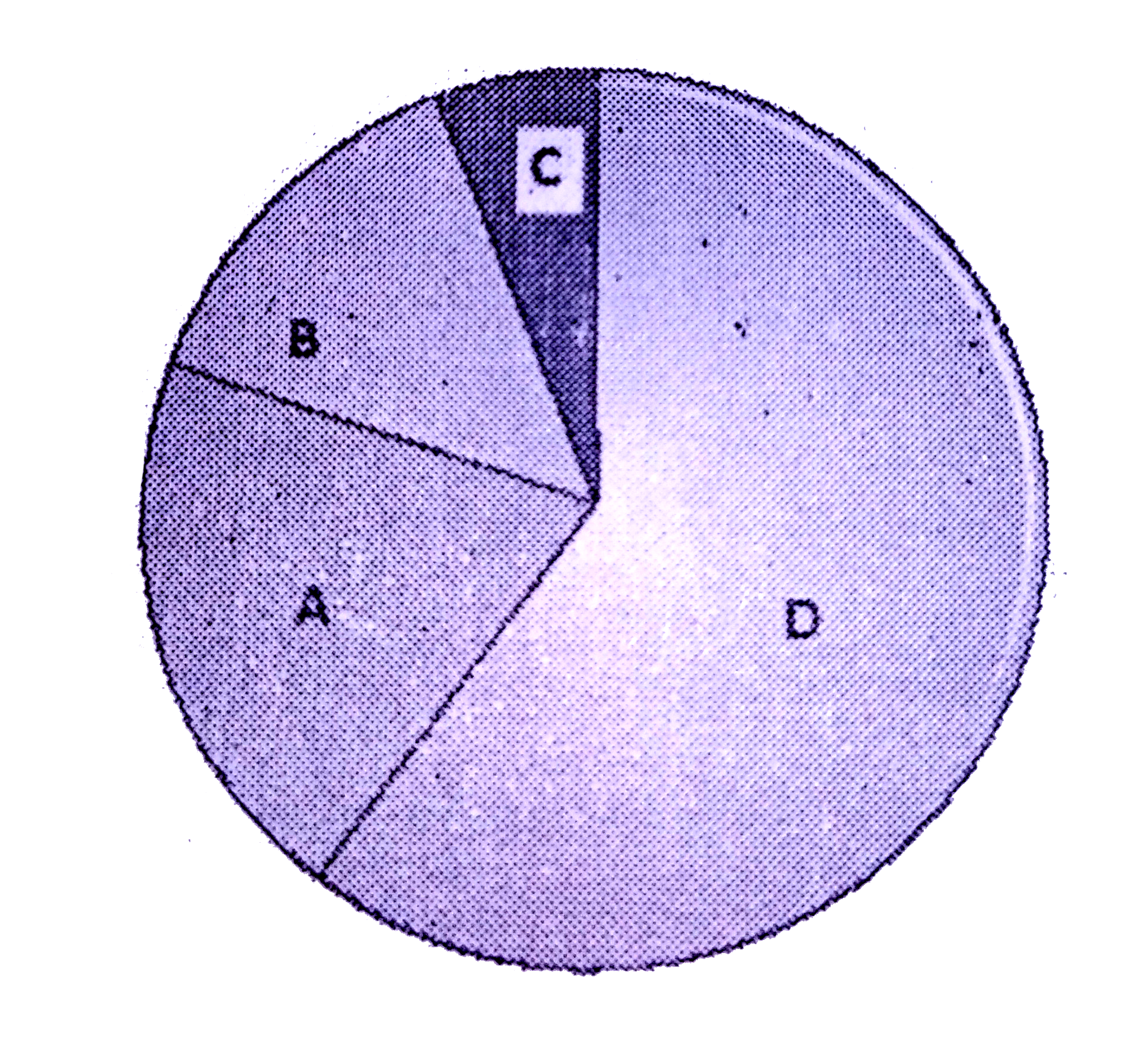Which one of the following hormones also produces: anti-inflammatory reactions in man and suppresses the immune response in addition to its primary functions?
(a) Cortisol
(b) Thymosin
(c) Thyrocalcitonin
(d) Erythropoietin
Cortisol
Thymosin
Thyrocalcitonin
Erythropoietin.
The correct Answer is:A
To solve the question regarding which hormone produces anti-inflammatory reactions and suppresses the immune response in addition to its primary functions, we can follow these steps:
1. Understand the Question: The question asks for a hormone that has anti-inflammatory properties and also suppresses the immune response, in addition to its primary functions.
2. Analyze Each Option:
- (a) Cortisol: This hormone is known for its powerful anti-inflammatory effects. It helps to reduce redness and swelling in inflamed areas. Additionally, cortisol suppresses the immune response by reducing the multiplication of lymphocytes (a type of white blood cell).
- (b) Thymosin: This hormone is primarily involved in the development and differentiation of T-cells (a type of lymphocyte) but does not have significant anti-inflammatory properties or immune suppression effects.
- (c) Thyrocalcitonin: This hormone regulates calcium levels in the body and does not have any known anti-inflammatory or immune suppression functions.
- (d) Erythropoietin: This hormone is mainly responsible for the production of red blood cells and does not play a role in inflammation or immune response suppression.
3. Identify the Correct Answer: Based on the analysis, cortisol (option a) is the only hormone that fits the criteria of having anti-inflammatory properties and suppressing the immune response.
4. Conclusion: Therefore, the correct answer is (a) Cortisol.
- (a) Cortisol: This hormone is known for its powerful anti-inflammatory effects. It helps to reduce redness and swelling in inflamed areas. Additionally, cortisol suppresses the immune response by reducing the multiplication of lymphocytes (a type of white blood cell).
- (b) Thymosin: This hormone is primarily involved in the development and differentiation of T-cells (a type of lymphocyte) but does not have significant anti-inflammatory properties or immune suppression effects.
- (c) Thyrocalcitonin: This hormone regulates calcium levels in the body and does not have any known anti-inflammatory or immune suppression functions.
- (d) Erythropoietin: This hormone is mainly responsible for the production of red blood cells and does not play a role in inflammation or immune response suppression.
Topper's Solved these Questions
- CHEMICAL COORDINATION AND REGULATIONBOOK - DINESH PUBLICATION ENGLISHCHAPTER - CHEMICAL COORDINATION AND REGULATIONEXERCISE - Check Your Grasp
10 Videos
- CHEMICAL COORDINATION AND REGULATIONBOOK - DINESH PUBLICATION ENGLISHCHAPTER - CHEMICAL COORDINATION AND REGULATIONEXERCISE - Brain Teasers-V
114 Videos
- CELL CYCLE (CELL DIVISION)BOOK - DINESH PUBLICATION ENGLISHCHAPTER - CELL CYCLE (CELL DIVISION)EXERCISE - BRAIN TEASERS-III
85 Videos
- CHORDATA- PROTOCHORDATABOOK - DINESH PUBLICATION ENGLISHCHAPTER - CHORDATA- PROTOCHORDATAEXERCISE - CYG
11 Videos
Similar Questions
Assertion: Cortisol produces anti-inflammatory reactions and suppresses the immune response.
Reason: Cortisol stimulates gluconeogenesis, lipogenesis and proteogenesis.
View SolutionRead the following statements (A - D) :
1. Catecholamines secreted from adrenal medulla stimulate breakdown of glycogen resulting in an increased concentration of glucose in blood.
2. Cortisol is also involved in maintaining the cardio -vascular syem as well as kidney functions.
3. Hormone released from zona fasciculate produce anti-inflammatroy reactions and suppresses the immune response.
4. Androgenic steroids secreted by adrenal cortex play a role in growth of axial hair, pubic hair and facial hair during puberty.
How many of the above statements are ture?
View Solution
Knowledge Check
Which one of the following hormones acts antagonistically to gibberellines during seed dormancy?
(a) auxins
(b) cytokinins
(c) ethylene
(d) abscisic acidAauxinsBcytokininsCethyleneDabscisic acid
Which one of the following options correctly designate the per cent contribution of gases (A, B, C and D) responsible of global warming?


View SolutionWhich one of the following crosses will produce two phenotypes in next generation?
A. Out cross
B. Selfing of pure lines
C. Test cross
D. Incomplete dominance
View SolutionWhich of the following statements are correct ?
(a) Cortisol suppresses the immune response
(b)Thyroxine supports the process of red blood cell formation
(c) Glucagon stimulates glycogenesis process
(d) Androgens stimulate muscular growth, aggressiveness, high pitch of voice.
View SolutionWhich one of the following is an emergency hormone
Or
When an animal is angry and wants to fight, the hormone that is secreted is
(a) Aldosterone
(b) Calcitonin
(c) Thyroxine
(d) Adrenaline
View SolutionWhich of the following is an anti-gibberellin as well as a stress hormone?
(a) ABA
(b) CK
(c) NAAM
(d) 2, 4-D
View SolutionWhich of the following compounds shall not produce propene by reaction with HBr followed by elimination or direct only elimination reaction?
(a)CH3CH2CH2Br
(b)CH2=C=O
(c)CH3CH2CH2OH
(d)None of these
View SolutionWhich of the following organic compounds will undergo addition reactions?
(a)C2H6(b)C2H2(c)C3H8(d)C3H6
View Solution
